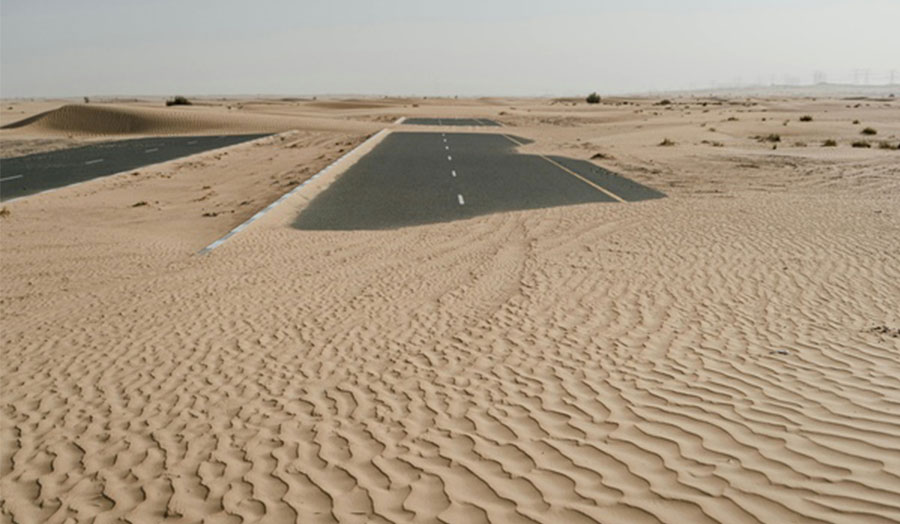Dr Craig Lundy has secured funding from the Leverhulme Trust for an ambitious research project on the idea of 'progress'.
Date: 25 May 2025
Dr Craig Lundy, Reader in Social and Political Thought at the School of Social Sciences and Professions, has been awarded a Leverhulme Trust Research Fellowship. The two-year Fellowship, commencing in September 2025, will enable Craig to carry out research on the thematic ‘After Progress: Revaluing Life Amidst Catastrophe’.
The Leverhulme Trust offers Fellowships for experienced researchers to spend between 3 and 24 months completing a piece of research. Craig’s research will investigate the question: Can we reimagine human and more-than-human arts of living and flourishing from the ruins of ‘progress’?
Progress is one of the most influential ideas in history. It is invariably appealed to when reflecting on the course of social groups and individual lives. But as the threat of ecological devastation and Covid-19 have brought into sharp relief, if the pursuit of progress leads to the imperilment of the Earth and life as we know it, then what does this idea really mean and how do we go beyond it?
By cross-pollinating developments in ‘process philosophy’, ‘complexity sciences’ and experiments in pursuing life ‘after progress’, Craig’s research will seek to explore and articulate promising possibilities for revaluing life amidst catastrophe.
Literature on ‘progress’ has to date been predominantly concerned with debating the ‘ends’ of progress and how to get there. But most interestingly, both advocates and critics of progress – from decolonial critiques on the left to conservative reactionaries on the right – largely share in their affiliation of progress with the ethic of betterment. They also share an overriding focus on the content of progress: what ‘counts’ as progress.
Craig’s research will attempt to bring into question not merely the goal or object of progress, but the nature of this idea as a process. By problematising the ‘form’ of the idea of progress, not merely its ‘content’, the research hopes to make a useful contribution to the construction of promising alternatives.
“I’m really excited to embark on this research”, Craig comments. “Over several years I’ve had a lot of conversations about the idea of ‘progress’ with academics from diverse disciplines, and many people outside of academia. What I’ve discovered is that pretty much everyone has an opinion on the topic, and valuable insights. Most of my work on the topic up till now has focused on bringing these insights and contributions into conversation with one another, for example through an edited collection I put together and an artistic digital exhibition I curated. But now I get the chance to more fully focus on articulating my own views on the topic.”
“The surrounding climate”, Craig acknowledges, “has, rather depressingly, made this topic increasingly pertinent, as more and more people come to see the future as darker than the past. Despite this, however, the idea of progress lives on, in a similar fashion to ‘hope’. This is perhaps not surprising, since the idea of progress has survived many bleak moments, such as the two world wars. Nonetheless, I’d like to think that a thorough deconstruction of the concept, combined with the experimentation of alternatives, can be of help for navigating our contemporary predicament.”
Professor Svetlana Stephenson, Head of Research and Knowledge Exchange for the School of Social Sciences and Professions, adds: “This is fantastic news for Craig and for London Met. Being awarded a Leverhulme Research Fellowship is a major achievement and a testament to the strength and originality of Craig’s work. His research addresses vital questions about how we live and think in a time of global uncertainty, and it is exciting to see this important project being developed here. I look forward to seeing the contribution it will make not only to academic debates but also to wider public conversations about how we imagine the future.”

